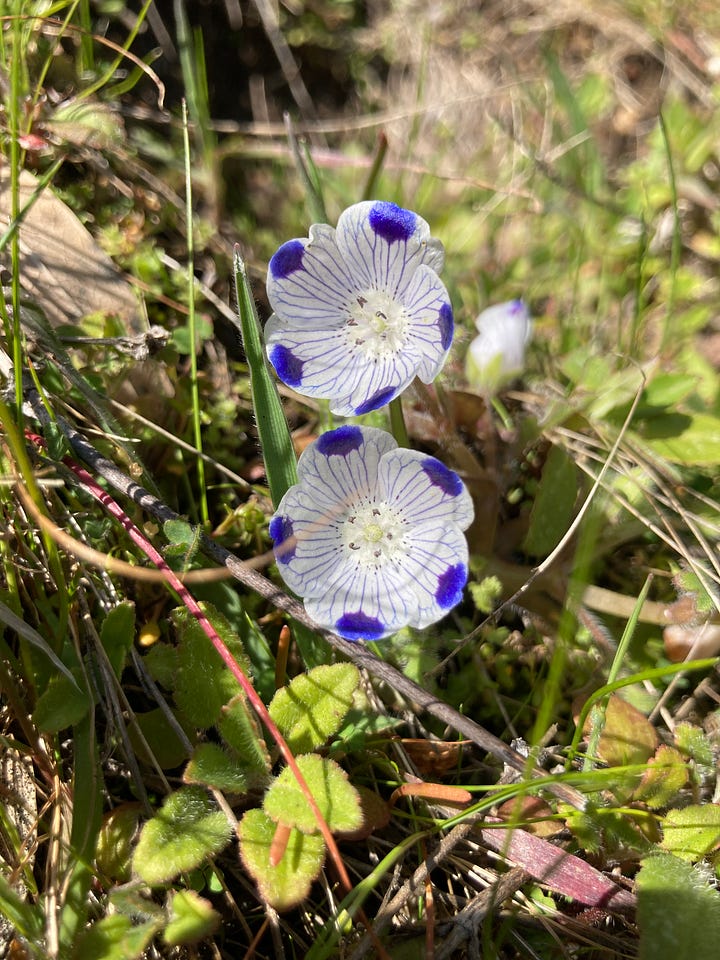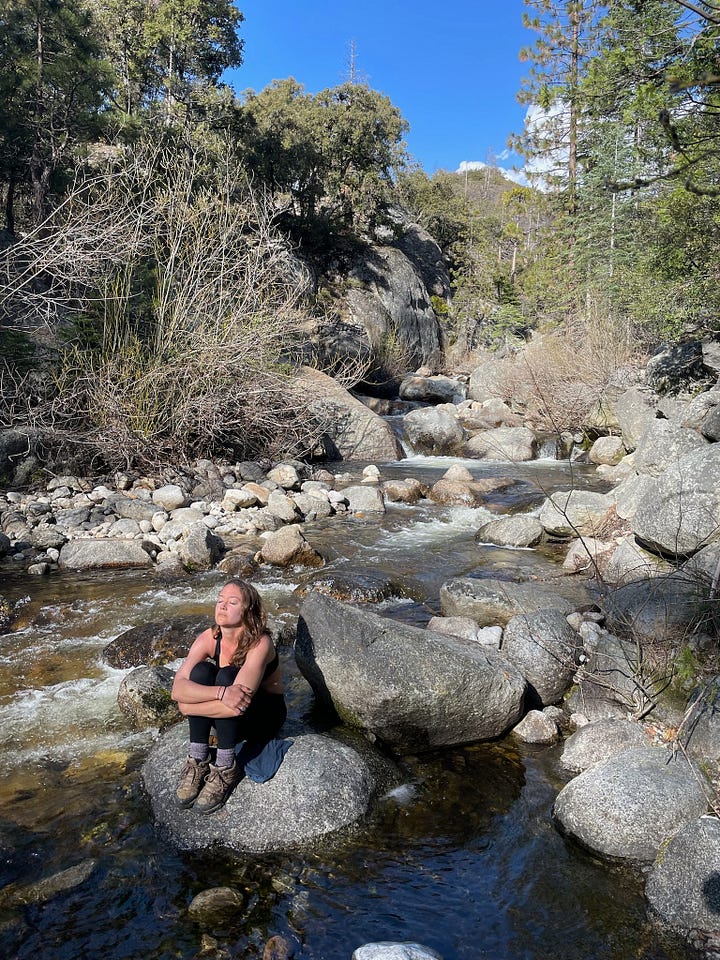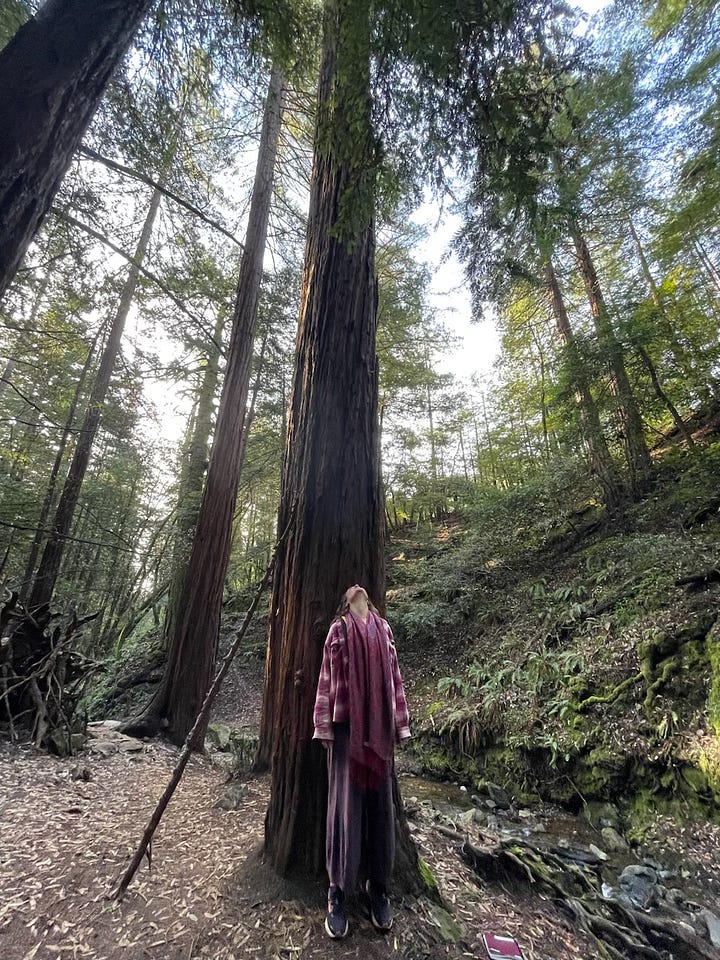I sat at a sticky wooden table in Key West, compulsively snacking on conch fritters. Maybe my friends thought I was being modest when I said I didn’t know how to sing. I’d let them peer pressure me anyways, so there I was awaiting my first solo karaoke performance — nervous as hell.
In a post-breakup phase of (sometimes recklessly) facing my fears, aiming to build self-esteem, I thought this could be another golden opportunity.
But in reality? I was massively unprepared to sing karaoke.
I don’t have what you might call a naturally beautiful voice, and my last singing lesson was in the 7th grade. (This was long before I started Youtube classes.) I hadn’t held a microphone in years. And the only song I could think of when the sign-up sheet was hot in my hands was Fallin’ by Alicia Keys. I know, I know.
The back of my dress was soaked as I walked to the stage in the crowded bar. The opening notes sounded waaay different than the intro in Alicia’s Tiny Desk Concert I’d watched countless times. Without her, I didn’t even know when to start singing. I told the audience I would need their help and began with a faltering,
III keep on fallin
iiiii-ii-ii-ii-iii-innnnn… (oh to be able to keep up with Alicia’s seamless, eight-note cascade!)
A couple kind women joined in and I hoped the crowd would focus on them. I kept my eyes glued to the lyrics on a screen above the bar and tried my best.
I got through the song, but I’m not sure I hit a single note. I felt one part exhilarated, 20 parts embarrassed.
Thank goddess there is no record of my performance (that I know of). Please enjoy Alicia’s instead.
There’s something to be said for the bravery of just getting up there and giving it a shot, for sure. And I don’t regret the experience. But looking back, I wonder about a more long-term approach.
What if, as my friends cajoled me, I had recognized my fear of letting my voice be heard in front of people — and also my desire to do it? And then I had decided I would build confidence over time by actually learning how to sing. It would have been a much longer road, yes, but how much more rewarding?
I have a lot more experience writing than I do singing. Still, I’m seeing some lessons I can apply from my first karaoke “performance” to this work I’m doing now: the benefits of practice, play and thinking long-term.
When I started Healing Aloud, I planned to publish at least once a week. I wanted to show that I was serious, consistent — that I had my shit together. I also read some article by the Substack team that mentioned writers who publish at least weekly grow faster/get more readers etc. (more content + more subscribers = more $$$ for the platform, too of course).
I indeed Have Not been posting weekly. But up until recently, part of me was still trying… or at least three times a month! I told myself.
As I was scrambling to finish a post before a self-imposed deadline of May 1, I saw this headline in an email newsletter: Dear Newbie Writer, Stop Publishing Consistently.
Shiiit.
“Crafting a content calendar, setting up weekly deadlines, and stressing oneself to publish at a steady pace is premature and completely useless until you’ve found a formula, angle, or style that resonates with readers,” author David Clear writes.
I felt the truth in his words nagging at me. And I sensed my piece wasn’t quite fully baked.
But I ignored my quiet, better judgement and posted on April 30, just barely meeting my deadline.
And later that day, I felt icky. I hadn’t been in the best state of mind for a couple weeks and I realized I pushed myself to post in part because I desperately wanted that feeling of accomplishment, that quick hit that comes when I’ve “achieved” something. And I couldn’t bear the thought of letting myself down by not meeting my deadline.
I also craved the rush of seeing others reading and responding to my work. I had already started getting too caught up in “growth,” measuring my success by increases in subscribers, likes, comments and page views.
I realized I was playing the same old game: looking for “productivity” and external validation to pull me out of a rut.
I re-read Clear’s article.
“Don’t be in a hurry to meet some arbitrary weekly deadline. Try to write something you’re proud of, however long it takes.”
A simultaneous scolding and relief.
What would it feel like to be motivated by the pleasure of creating instead of the pressure to complete?
As a (former?) journalist, I am Very deadline-conditioned. If it weren’t for the fear of consequences (making a bad impression on an editor; failing myself; or, in the good ol’ days, missing the print cut-off), I probably wouldn’t have actually finished many articles.
A deadline is the best way I know to keep from procrastinating — which is why I’m now imposing them on myself. When I promise I’ll finish a post by a certain day, it gives me incentive to sit down and write, even when I don’t feel like it. It also helps me move beyond the perfectionism that makes me want to forever edit and revise.
But I’m starting to see the darker side of deadlines.
A teacher of mine recently pointed out the violent origins of the word: it was first used to describe the (sometimes arbitrary) boundaries guards drew around and within the grounds of Civil War-era Confederate prisons. If captured Union soldiers crossed them, they would be immediately shot.
Hmmm. Was I bringing echoes of tyranny into my fragile writing space? Maybe the pressure of the deadline (you’ll publish this Sunday OR ELSE) was stifling my creative flow, maybe it was actually part of my perfectionist beast.
What if I was free to wander where I pleased? To find my own pace? Might I tap into more juiciness and more deeply enjoy the process of crafting each story?
What would it feel like to be motivated by the pleasure of creating instead of the pressure to complete?
I’m aiming to find out. So I’m making a new commitment to consistency in the practice — the writing itself — not the publishing. To inner satisfaction over achievement. I’m replacing deadlines with intentions — still planning to publish “regularly,” but with an understanding that the rate will naturally ebb and flow.
It helps to remind myself of the point of all this. It’s not to grow, grow, grow — to get more readers, more praise, more money ASAP. And it’s not to constantly spew into the void of internet noise for the sake of feeling “productive.”
It’s to do the thing I love and get better at it. To really listen for what I want to say. To find deeper truths, more compelling ways of storytelling, greater resonance.
My sense so far is that what resonates with you, readers, is when the words come from a vulnerable place in my heart; when you can feel the emotions I felt while writing/reliving the experiences I share; when the aha moments are legit.
I’m making a new commitment to consistency in the practice — the writing itself — not the publishing.
I’m admitting to myself that that kind of writing takes time. It means mulling over, making space, trying out a whole bunch of ideas. The document in which I am currently writing is the two-ish pages I’ve copied from another doc and completely rearranged, which I selected from another doc of paragraphs five pages long. I’m on the umpteenth pass through these “final” paragraphs, still trimming and refining.
I’m telling myself to patiently wait. Wait for the tingling sensation that comes when I read it back and know in my whole body that these words are ready to be shared.
Rather than rushing on stage, I’m taking the time to really learn the song.










All my 52 years as journalist/nature writer i ve dealt with this process vs product situation
Surely i d personally have sputtered without deadlines And yet when i ve let process take over there have been some deeply satisfying results
Some of it has simply to do with msking a living
No article no pay
I guess it s a balance of sorts no precise answer
And it s not just the paycheck I do need the gratification of publish and praise
Conclusion? Don t expect to sort it out
But don t stop trying to
I needed to hear this today. Thanks for posting X Enjoy Sequoia!